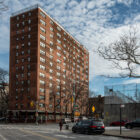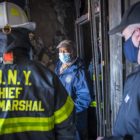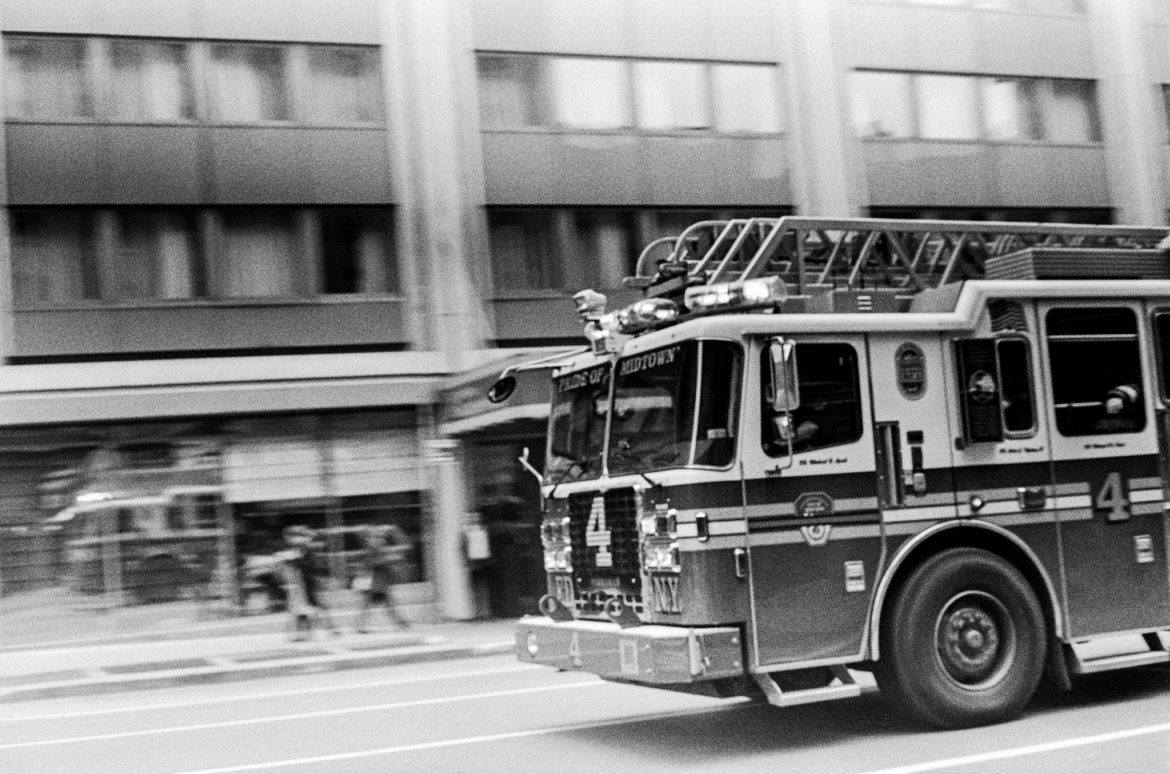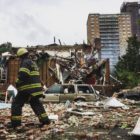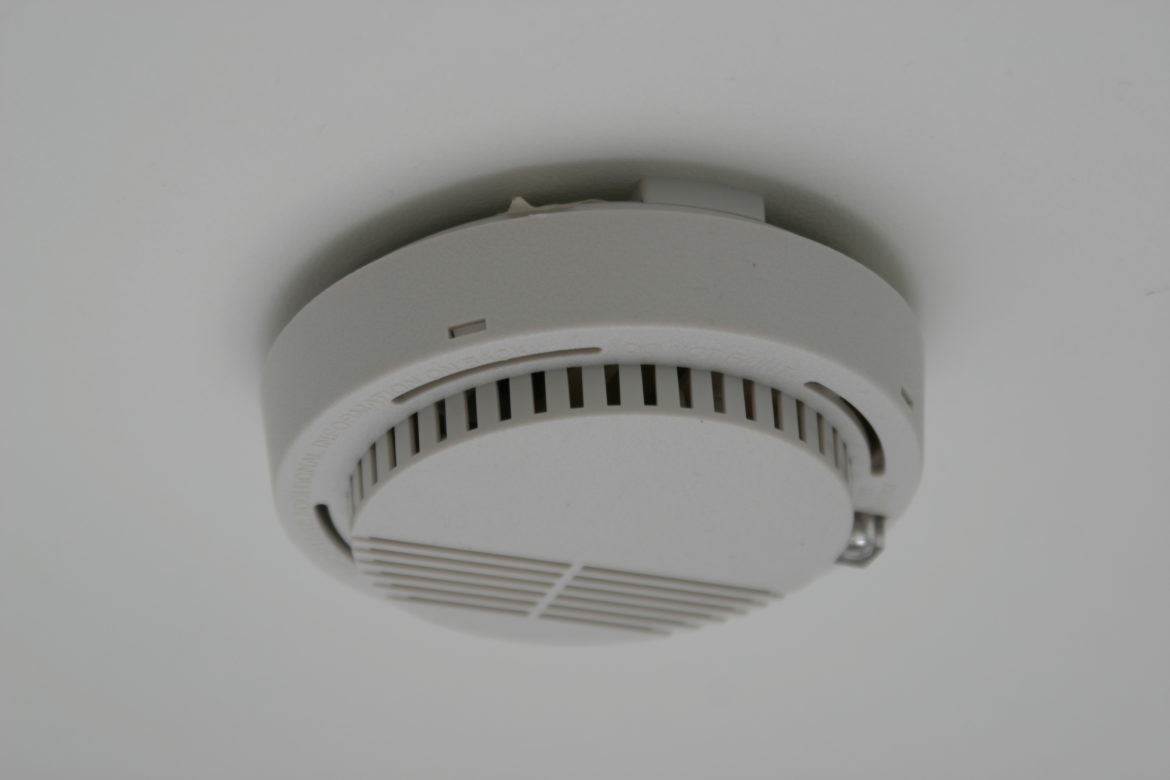Government
Fire-Proofing New York’s High-Rises, 50 Years After ‘The Towering Inferno’
Jarrett Murphy |
Even today, there is ongoing debate among builders, safety experts and first responders about whether New York City is doing enough to reduce the risks of high-rise fire catastrophes—all as a new generation of supertall, super-skinny towers remakes the city’s skyline.




